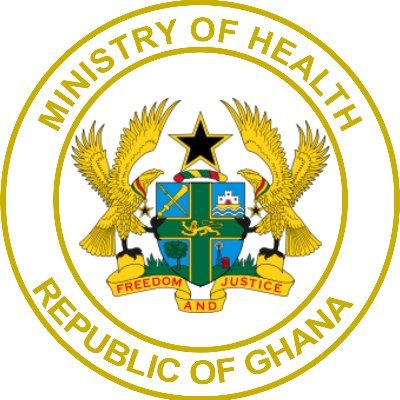- by Admin
- February 14, 2024
Click the link below to join Our WhatsApp group for daily brief on current trends in the country.
Join Here!
Loading

The ministry of health has developed a WHO standard guideline to prevent patients and health workers from contracting infections from healthcare facilities across the country. Known as the National Infection Prevention and Control Strategy 2024 to 2028, it will ensure quality care, patient safety, health security, reduction of health care associated infections and anti-microbial resistance.
A 2019 survey by the ministry of health on the prevalence of Health Care Associated Infections in ten acute care government institutions showed a prevalence rate of 8.2 per cent. The survey identified one hundred and eighty-four (184) Health Care Associated Infections among one hundred and seventy-two (172) patients out of the two thousand one hundred and seven (2107) in-patients sampled. These were mainly found in secondary and tertiary facilities with commonest infections from surgical sites at thirty-six per cent, followed by blood stream infections at nineteen per cent, urinary tract infection at eighteen point five per cent and respiratory infections at sixteen point five per cent as well as device associated infections at seven point five per cent. Preventing harm to patients and health workers and other users from infection in healthcare facilities is therefore essential to achieving quality care, patient safety, health security reduction of health care associated infections and anti-microbial resistance. The development of the strategy forms part of measures taken to prioritize infection prevention and control especially after Covid 19.
The core components of the IPC strategy are IPC programmes IPC guidelines, IPC education and training, Health Care Associated Infections surveillance, multi-modal strategies, IPC monitoring audit and feedback, workload staffing and bed occupancy and built environment materials and equipment which feed into the objectives of the strategy.
Mr. Kwaku Agyemang-Manu further charged the Policy Planning Monitoring and Evaluation directorate to appoint and train full time national focal points to see to the implementation of the national strategy which is in line with WHO guidelines to improve the quality of care while enhancing patient and health safety.

Click the link below to join Our WhatsApp group for daily brief on current trends in the country.
Join Here!
0 Comments: